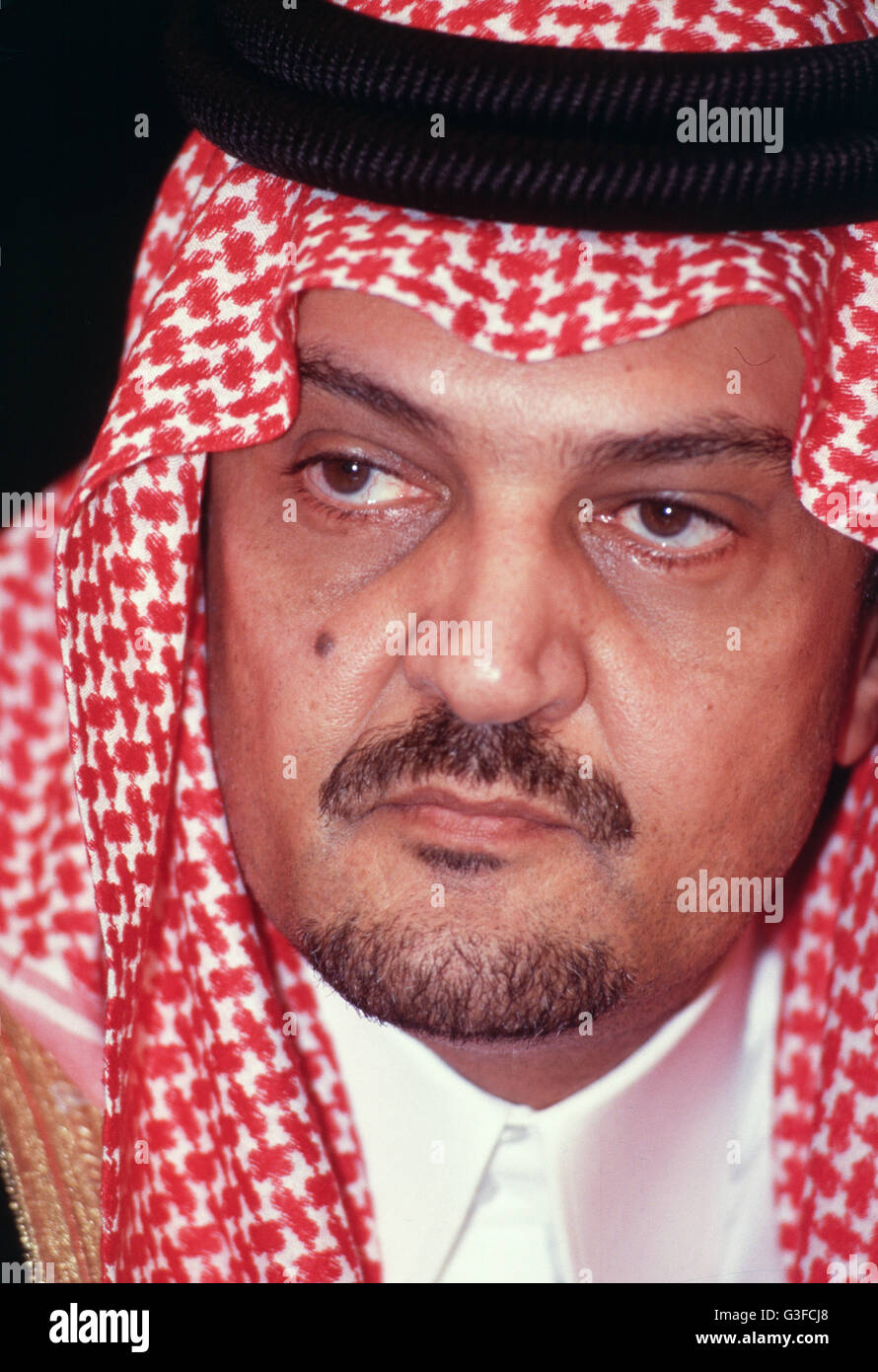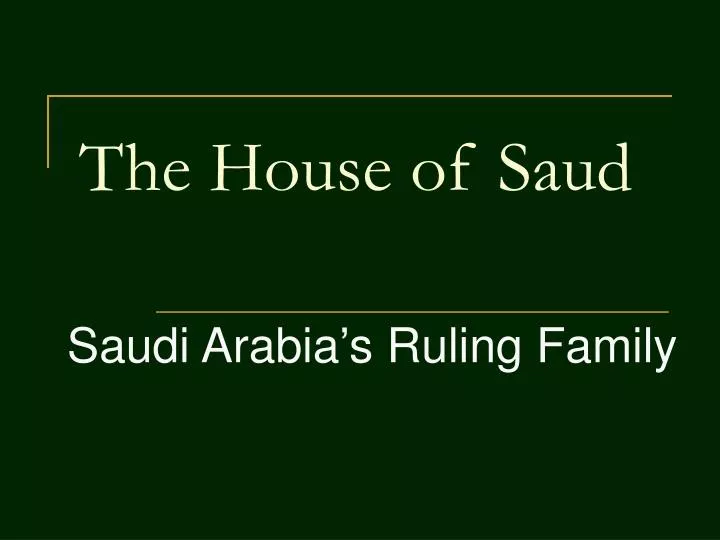Table Of Content

MBS remains the most influential figure in Saudi politics, and if he becomes King, he will have full control to shape the country. Salman’s official foreign affair concerns are an effort to deter Iran’s influence. A notable Saudi led initiative was a complete Gulf State blockade of Qatar, lasting 3 years and ending in 2021.
Khaled bin Abdulaziz al Saud
This made him a very controversial and divided figure as he attempted to make a balance act of two separate worlds, causing a divisive image of Abdullah to emerge. Following Saudi Arabia’s participation in the Gulf War came a period of political divide, with calls for modernization and a heavy Islamic opposition to more Western values developing in the country. Fahd was pressured by radical Islamic groups which wanted for the country to avoid fraternization with sinful Western countries and embrace full Islamic conservatism in every aspect of Saudi Arabian law and life. While many of the regular citizens enjoyed many of the pro-Western policies and Saudi Arabia modernizing and expanding citizens rights.
The House of Saud: A Brief History of the Family That Owns Saudi Arabia
The leader of the insurgents is Juhayman al-Utaybi, a direct descendant of the Ikhwan, the Wahhabi warriors who helped the Al Saud family take power in the early 1920s. The Arab League pressures Faisal for an oil boycott and Faisal acts, ordering Aramco to stop pumping. President Nixon sends Secretary of State Henry Kissinger on an urgent mission to meet with Faisal. Kissinger says oil is a national security priority, and if necessary, the U.S. will intervene militarily. President Nasser of Egypt moves troops to Israel's border and orders the UN out.
Sultan bin Salman al Saud
The CIA concluded that he had ordered Khashoggi’s murder, and Saudi Arabia’s own prosecutors found that it had been conducted by some of the crown prince’s closest aides. They are thought to have dismembered Khashoggi and disintegrated his corpse. Such terms of service have enabled senior princes to mingle their personal wealth with that of their respective domains.[citation needed] They have often appointed their own sons to senior positions within their own portfolios.
Absolute Power
Royal Schism in the House of Saud - The Washington Institute
Royal Schism in the House of Saud.
Posted: Fri, 16 Oct 2015 07:00:00 GMT [source]
In June of the same year, the court executed the nephew hours after the guilty verdict. King Faisal had an extravagant funeral with leaders of the Arab World paying their respects to the fallen king. As the Arab World mourned, his half-brother King Khalid took power. Once Faisal took power, his style of ruling was a stark contrast to his half brother. Faisal was far more active in domestic affairs and wanted for Saudi Arabia to be a beacon for the future. Faisal wanted prosperity for the people of Saudi Arabia as he revamped and expanded social programs in the country to create change rooted in religious institutions and God.
Foreign relations
When I pulled the door handle, it clunked—the shop was closed for prayer, just as it would have been if the religious police had been enforcing prayer times. Instead of hunting for sin and punishing it as a matter of course, MBS has curtailed the investigative function of the religious police, and encourages sinners to keep their transgressions between themselves and God. “We should not try to seek out people and prove charges against them,” he said. “You have to do it the way that the Prophet taught us how to do it.” The law will be enforced only against those so flagrant that they are practically demanding to take their lumps.
Mohammed bin Fahd al Saud
If he was displaying a fearful demeanor, it was not toward the Almighty. MBS ordered the religious police to stand down, and one of the enduring mysteries of contemporary Saudi Arabia is what these thwackers do, now that they are invisible on the streets. Fuad al-Amri, who runs the hay’a in Mecca province, confessed to me that since the reforms, one of his main activities has been vetting his own employees, to ensure that they aren’t fanatics loyal to the Muslim Brotherhood.
The succession to the Saudi Arabian throne was designed to pass from one son of the first king, Abdulaziz, to another. In 2017, Muhammad bin Nayef was replaced by Mohammed bin Salman, King Salman's son, as the crown prince after an approval by the Allegiance Council with 31 out of 34 votes. The king-appointed cabinet includes more members of the royal family. Salman was named as the country’s new crown prince in 2012, succeeding his brother Nayef. He is also one of the seven sons born to Ibn Saud’s favorite wife, Hassa bint Ahmed al-Sudairi. In 1962, he became governor of Riyadh Province and ruled the province until he became defense minister in 2011.

Wealth
As a ruling family to one of the last remaining absolute monarchies in the world, the House of Al Saud is amongst the world’s wealthiest and most powerful royal families today. Al Saud has brought order and stability with the peaceful transitions of power taking place every generation, down the line of Al Saud descendants. Though for many generations, the Crown Prince was always the first-born son of the King, in 2006, a royal decree determined that future Saudi King’s were to be elected by a committee of Saudi Princes, known as the Allegiance Council. Despite only having seven kings in the country’s modern history, they have been a part of some of the largest developments of the 20th century, turning a few small tribes into a G20 country. They are not merely U.S. allies, but also a powerful family with unimaginable wealth and resources.

Abdullah and the Saudi government ordered the use of any means necessary to suppress revolutions in the region and, most importantly, prevent any kind of domestic unrest. Khlalid continued his relations with the West, visiting President Jimmy Carter and Queen Elizabeth in the late 1970s. Suffering cardiac issues for years, King Khalid suffered a heart attack in 1970 and two surgeries in 1972 and 1978 before passing away from heart failure on June 13, 1982. Faisal, unlike Saud, used oil money effectively to develop the nation and initiate industrialization. Faisal used government funds to promote irrigation development as well as economic development through construction and excavating precious resources. Saud’s executive reign ended in 1964 when Faisal used his connections with the clergy to force Saud’s hand to pass over power to him.
Taif, a city an hour outside Mecca, was once the summer residence of the king and his family. The Prophet is thought to have visited there, and many Muslims supplement their pilgrimages to Mecca with side trips to other sites from the Prophet’s life. The Wahhabis have, historically, treated these visits as un-Islamic and reprehensible.
From a young age, Khalid had been invested in Saudi Arabia’s domestic affairs, specifically the Bedouin tribes. Khalid used his power to focus on building up Saudi Arabia for the people, as opposed to making them a big player on the international stage. While Khalid was king, Saudi Arabia experienced a period of previously unseen economic growth and innovation. He created industrial cities, which grew into major centers for economic growth in the country by the 21 century. His impact on the Saudi’s economic power has created lasting impacts still seen today. By the dawn of the First World War (WWI), the House of Saud had become powerful players in the Middle East.
Ibn Saud set an example to those who dared to stand against him, executing Ikhwan leaders and incorporating the survivors into general military units. Muhammad bin Saud Al Muqrin was the founder of the first Saudi State and the House of Saud, naming it after his father Saud bin Muhammad Al Muqrin. He solidified control of the region by allying with religious leader Muhammad ibn ‘Abd al-Wahhab, the founder of Wahhabism, to legitimize his expansion of the Saudi State in exchange for promoting the religion. A hyper conservative Sunni religious movement, Wahhabism emphasizes the literal interpretation of the Quran and follows Wahhab’s interpretation of scripture. Another son, Mishaal, was the governor of Najran Province from 1996 to November 2008.[45] His son Abdul Rahman was a supporter of Al Nassr FC.

No comments:
Post a Comment